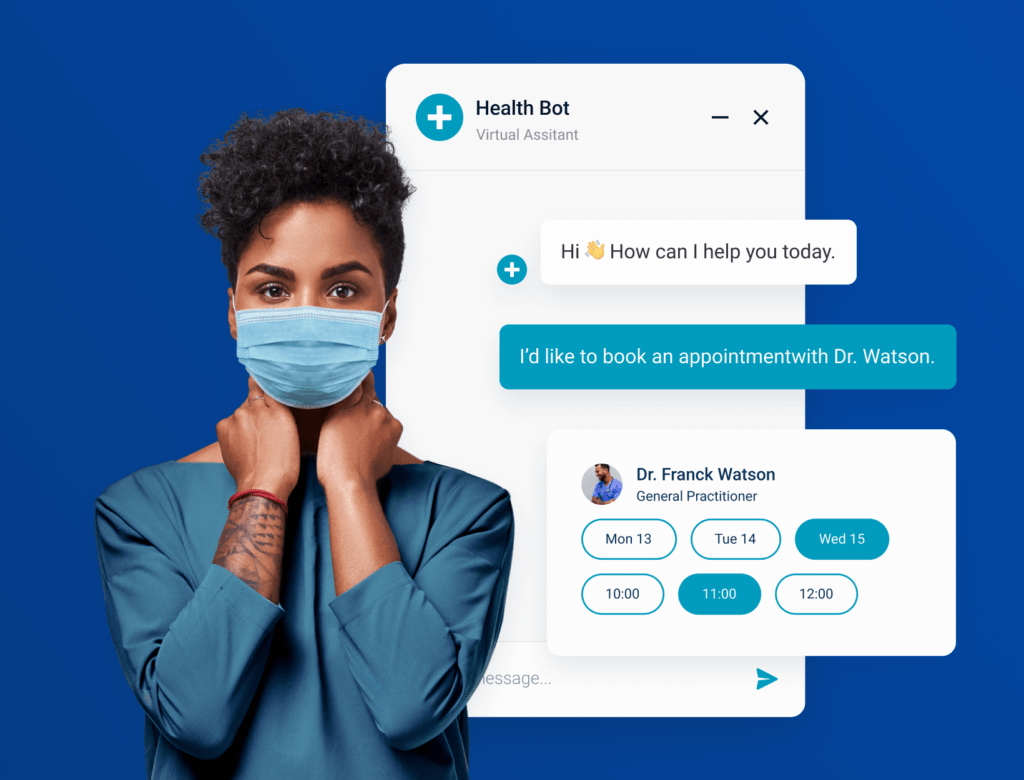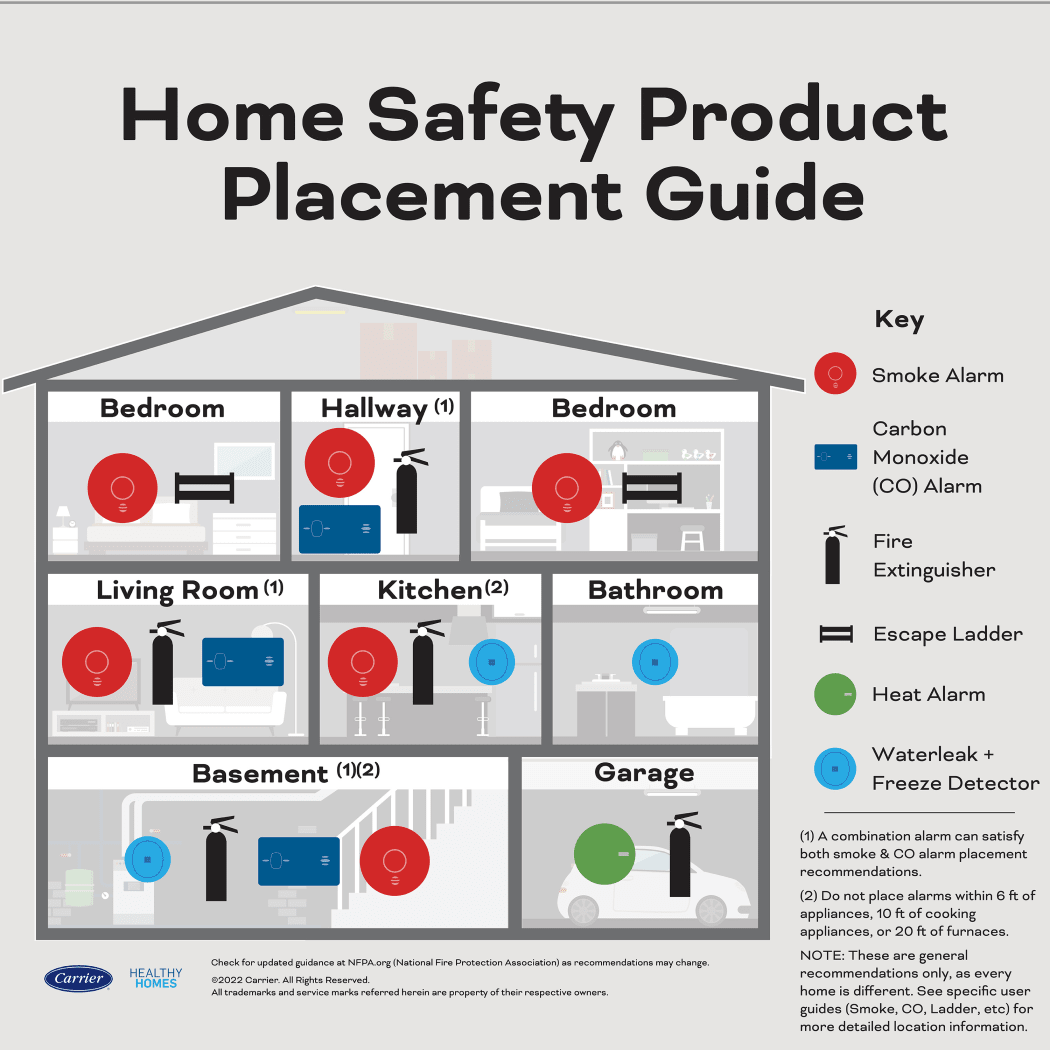Consumer Reports: AI chatbots give risky health recommendations
As artificial intelligence chatbots like ChatGPT rapidly become more common, it raises the question of whether we can rely on them to provide accurate and safe information. Researchers at Consumer Reports delved into this issue by conducting extensive experiments to evaluate the accuracy of AI chatbots. 
Testing Accuracy
Consumer Reports tested five AI chatbots by quizzing them on health and safety topics to compare their advice with that of experts. Here are some of the findings:
Question: How many carbon monoxide detectors do you need? Consumer Reports recommends one on each level, outside each sleeping area, in the basement, and near (but not inside) an attached garage. While Google Gemini came close to the correct answer, it slightly missed the mark by suggesting placing a CO alarm inside an attached garage, which could damage the alarm.
Question: How to filter PFAS from tap water? Consumer Reports advises using a water filtration system with NSF/ANSI 53 certification and ensuring the manufacturer specifically claims PFAS removal. However, the AI response lacked critical details, potentially leading consumers to choose the wrong filtration system for PFAS removal.
Question: Can kids play with water beads? According to Consumer Reports, playing with water beads poses significant risks such as ingestion hazards, bowel obstruction, and infections. The AI response from Meta AI failed to emphasize these dangers, providing inadequate information. 
Use AI as a Starting Point
While AI chatbots can be valuable time-saving tools, it is essential to verify their recommendations with reliable sources. Consumer Reports suggests treating AI as an assistant rather than an expert and encourages users to double-check information to ensure accuracy.
For more information, visit Consumer Reports.










